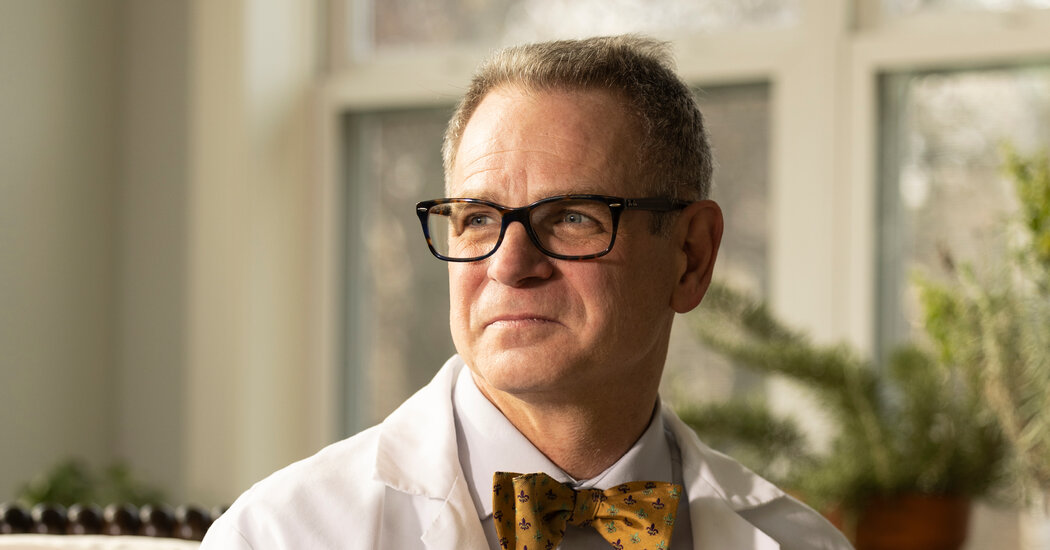Once accustomed to a status outside the usual management-labor hierarchy, many health professionals now feel as put upon as any clock-punching worker.
Dr. John Wust does not come off as a labor agitator. A longtime obstetrician-gynecologist from Louisiana with a penchant for bow ties, Dr. Wust spent the first 15 years of his career as a partner in a small business — that is, running his own practice with colleagues.
Long after he took a position at Allina Health, a large nonprofit health care system based in Minnesota, in 2009, he did not see himself as the kind of employee who might benefit from collective bargaining.
But that changed in the months leading up to March, when his group of more than 100 doctors at an Allina hospital near Minneapolis voted to unionize. Dr. Wust, who has spoken with colleagues about the potential benefits of a union, said doctors were at a loss on how to ease their unsustainable workload because they had less input at the hospital than ever before.
“The way the system is going, I didn’t see any other solution legally available to us,” Dr. Wust said.



Thanks for clarifying. For some reason i misunderstood your comment as “RNs are looking to take work from doctors”, and knowing how much RNs are overworked and underpaid, it didn’t make much sense. My mistake. I know nothing about NPs or AAs but I did learn a little from that.
No worries man, just make sure you’re seen by a doc when you go to the doctors office for your safety!